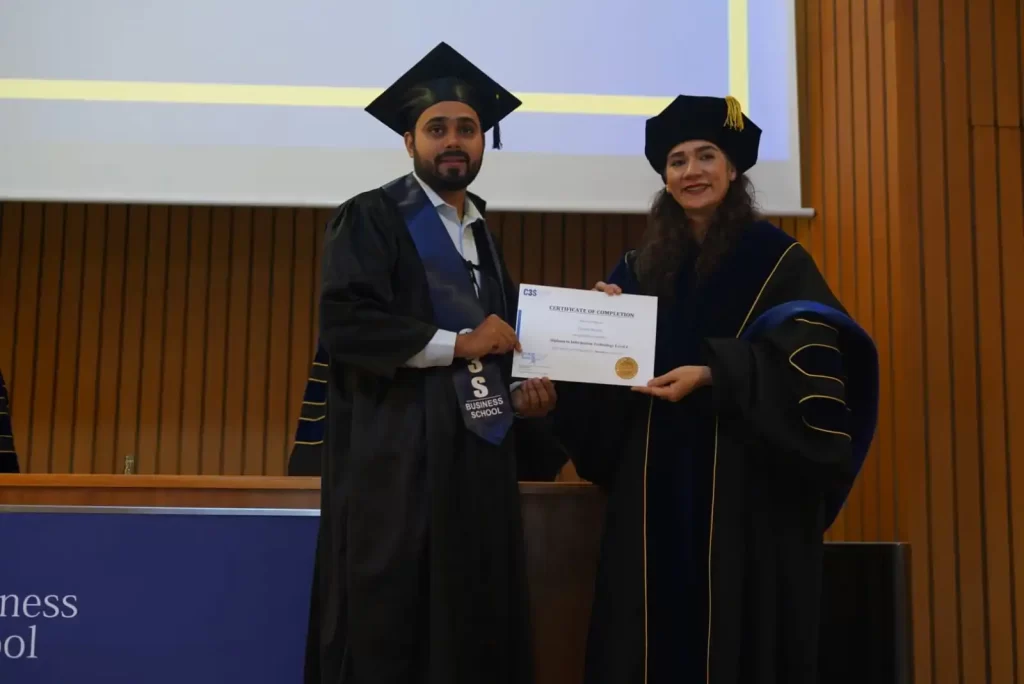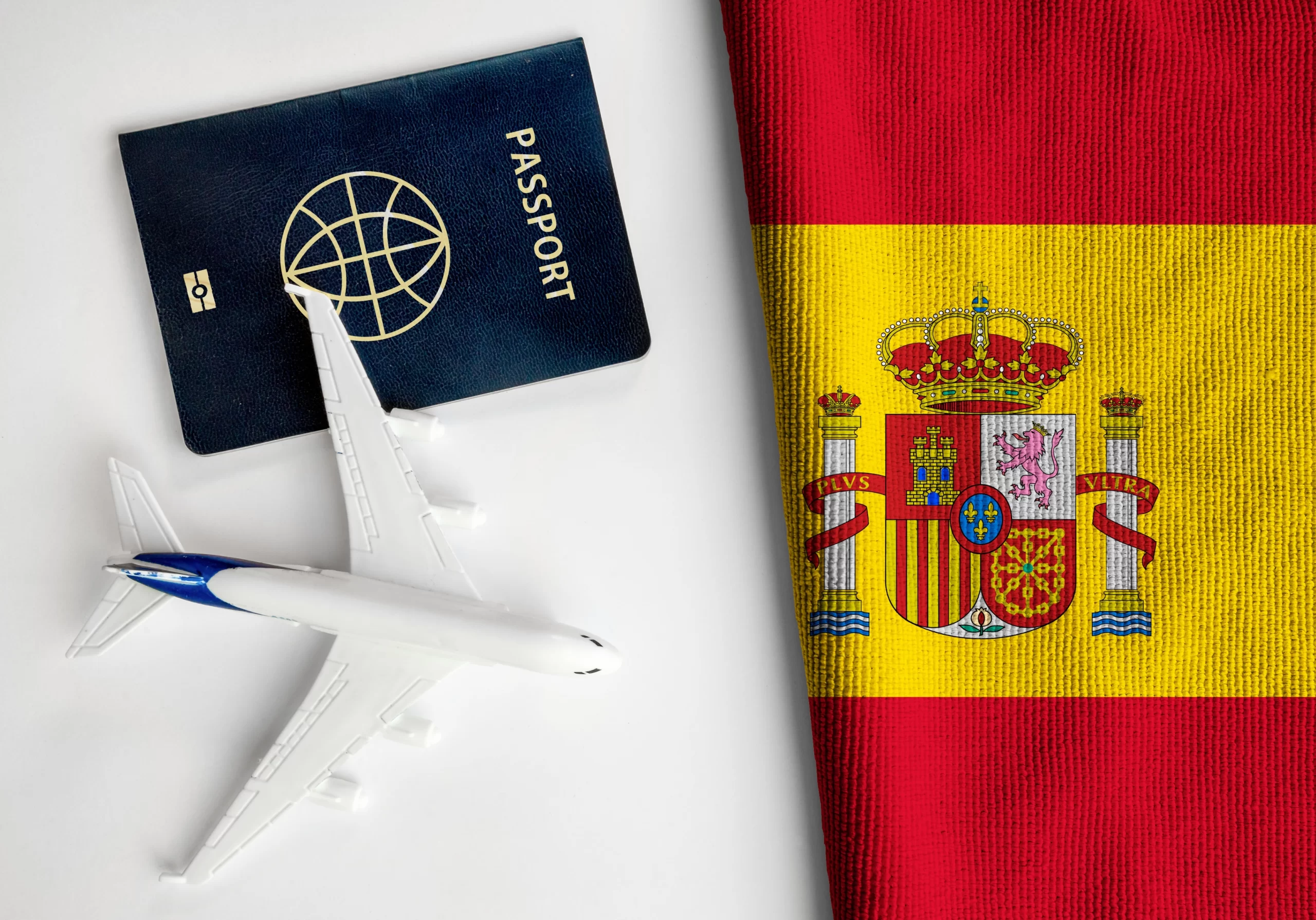Before the arrival of the death cult, COVID-19, in the form of the pandemic, MBA applications were already in steep decline. Both business and popular media declared the MBA obsolete. Business schools, panicked by their published obituaries, were scrambling to reinvent their programs.
‘’The MBA, however, is like a recurring phoenix — constantly rising from its ashes despite repeated declarations of its demise, often following scandals or crises that tarnish capitalism’s image,’’ says Dr P. R. Datta, executive chair of Centre for Business & Economic Research (CBER) based in London and teaches MBA program at various London-based universities, adding, ‘’Yet, it continually evades extinction through periodic reinvention. ‘’
The legitimacy of the MBA in Spain and its influence on civic life in Europe and the USA has been an evolving project for the last many decades. The early 20th and 21st centuries offer productive comparisons for examining this: both periods witnessed significant economic and social upheavals, shifts in globalization, major technological advancements, and global pandemics.
In recent years, discussions about the decline of traditional MBA programs have circulated in academic and business circles. Many have questioned the relevance of these programs in an age of rapid technological transformation, marked by artificial intelligence (AI), machine learning, robotics, and big data. ‘’The Fourth Industrial Revolution has redefined business processes, creating both challenges and opportunities for MBA programs,’’ says Prof Sarat C Das, director of the research development unit (RDU) at C3S Business School. ‘’However, contrary to the claims of the MBA’s impending death, there is a clear revival, particularly in forward-thinking institutions such as C3S Business School in Spain, where programs are harnessing technology to meet the evolving demands of the business world.’’
It’s a frequent false impression that MBA schools are just credentialing exercises that give students access to elite business networks and that students learn little. Andrew Orta, professor of Anthropology at the University of Illinois at Urbana-Champaign, in his book ‘’Making Global MBAs: The Culture of Business and the Business of Culture’’: ‘’I have shown in a recent ethnography of MBA programs in the United States, MBAs receive more than they pay for. The ideas and practices of capitalism are presented in very simplified form in MBA programs. Although the course material is streamlined, the cascading reinforcement of concepts across the program gives this simplification a compelling depth. A habit of making snap decisions under pressure and with incomplete knowledge is also ingrained via programmatic simulations of professional life. MBAs are trained to present the need for this simplification as a sign of “hard work,” for which they ought to get a high salary.’’
Decline of the Traditional MBA Program in Spain
The decline of the traditional MBA in Spain can be traced back to the early 2010s when many business schools around the world began experiencing a significant drop in MBA enrollments. According to a 2019 survey by the Graduate Management Admission Council (GMAC), 67% of two-year MBA programs in the United States saw a decrease in applications. The primary reasons cited were the growing perception that MBA programs were too theoretical, costly, and too slow to adapt to the demands of a fast-changing digital economy. With industries evolving at an unprecedented pace, especially in technology, healthcare, and finance, the skillsets required for leadership were shifting as well.
‘’Employers began to seek specialized expertise in data science, coding, digital marketing, and agile management methodologies—competencies that were not traditionally part of the standard MBA curriculum. Companies like Google, Amazon, and Tesla started recruiting directly from computer science and engineering schools, bypassing MBAs in favor of technically skilled graduates,’’ says Dr Rajat Baisya, a global management consultant and former dean of IIT Delhi, adding, ‘’Furthermore, entrepreneurs, many of whom were launching tech startups, increasingly began to view the MBA as unnecessary, pointing to figures like Elon Musk and Mark Zuckerberg as examples of highly successful business leaders who didn’t pursue MBAs.’’
Technological Transformation of the MBA in Spain
Despite the apparent decline, certain institutions such as C3S Business School and Aspire Business School have been quick to adapt, embedding the principles of the Fourth Industrial Revolution directly into their MBA in Barcelona. This adaptation is not merely superficial but involves a deep integration of technology with traditional business disciplines such as finance, marketing, operations, and strategy.
Incorporating cutting-edge technologies like AI, blockchain, and big data analytics into the curriculum, C3S Business School ensures its graduates are not only proficient in business theory but also skilled in the practical applications of technology to solve complex business problems. The combination of digital literacy with traditional management skills makes these MBAs highly desirable to forward-thinking organizations.
One of the key aspects of C3S Business School’s MBA in Barcelona is its emphasis on experiential learning. The program integrates real-world case studies, projects with leading global corporations, and simulations that require students to apply advanced technological solutions in areas like supply chain management, digital marketing, and financial forecasting. According to a 2023 GMAC report, 79% of employers now prioritize candidates who can demonstrate practical problem-solving skills with a technological edge—something the new-age MBA programs, such as those at C3S, excel at.
Real-Life Examples: The New-Age MBA in Barcelona
The transformation of the MBA in Spain is not just theoretical; it is already happening in practice. Take the case of Zara, the Spanish fashion giant headquartered in A Coruña, part of the autonomous community of Galicia in northwestern Spain. Zara has integrated technology into its supply chain processes in ways that ensure its MBA hires are both business-savvy and technologically literate. Zara’s use of real-time data analytics to manage inventory and predict customer behavior is the kind of expertise today’s MBAs are trained for, blending operational knowledge with data science. The company has often recruited MBAs from top institutions like C3S Business School in Spain, who possess the necessary skills to operate in this tech-driven environment.
Another powerful example comes from the banking industry, where institutions like Aspire Business School and C3S Business School are incorporating fintech solutions to streamline operations, improve customer experience, and enhance cybersecurity. The demand for MBA in Spain with fintech expertise is growing, and schools like C3S have developed specialized courses on blockchain, cryptocurrency, and digital payment systems to cater to this need. As industry insiders have observed, MBA graduates from Barcelona’s top programs are now leading teams at these companies, driving digital transformations that are redefining the way traditional businesses operate.
Testimonies from Academicians and Industry Leaders
Prominent academicians have long advocated for the modernization of MBA programs, and now, industry captains are echoing this sentiment. Dr. Fernanda Dugarte, dean and director of Institutional Affairs at C3S Business School, at C3S Business School, shares her perspective: “The modern MBA is no longer just about case studies from the past; it’s about equipping students with the tools of tomorrow. We teach students to not only understand business principles but also how to leverage AI and data analytics to make informed decisions.”
Industry leaders share a similar view. A senior executive at Telefónica, explains:
“The value of an MBA is evolving. Today’s MBAs must understand not only business but also how technology impacts strategy and operations. Many of our recent hires from C3S Business School come with a profound understanding of AI and its application in business, something that has transformed how we approach customer experience and operational efficiency.”
Such endorsements underscore the growing importance of technology-driven MBAs in the modern business landscape.

Data-Driven Insights on the Evolution of MBA in Spain
In a global survey conducted by QS World University Rankings, 85% of employers now state that technological proficiency is a must-have for MBA graduates. Similarly, a GMAC survey from 2022 found that 67% of companies plan to increase their hiring of MBA graduates who possess both business and technological expertise. This marks a significant shift from the early 2000s when soft skills and leadership potential were the primary criteria for hiring professionals.
Additionally, a 2023 survey by the European Foundation for Management Development (EFMD) revealed that business schools integrating digital transformation into their programs experienced a 25% increase in enrollment over the last five years, particularly in cities known for their innovation hubs, such as Barcelona. Spain, long regarded for its academic prowess and business-friendly environment, has witnessed a significant revival of its MBA in Barcelona, where institutions such as C3S Business School are thriving.
Why MBA in Spain?
Spain, particularly Barcelona, has positioned itself as a growing hub for business education, innovation, and technology. With its vibrant startup ecosystem, rich cultural heritage, and strong links to both European and global markets, Barcelona has become an attractive destination for students. The city’s emphasis on innovation, digital transformation, and sustainability aligns well with the requirements of the modern business world.
‘’MBA in Barcelona programs are evolving to meet the needs of the Fourth Industrial Revolution, integrating practical technology applications into their curricula,’’ asserts Hiren Raval, CEO of C3S Business School, adding, ‘’For instance, Barcelona hosts various startup incubators and accelerators, allowing MBA students to immerse themselves in tech entrepreneurship, gaining first-hand experience in a high-growth environment. ‘’
‘’At C3S Business School, the focus on real-world applications and strategic partnerships with top tech companies allows students to participate in internships and projects that place them at the heart of technological innovation,’’ says Dr Aida Mehrad, head of academics at C3S Business School.
Conclusion: The Resurgence of the MBA in Spain
The claim of the MBA’s death in the age of Industry 4.0 is not only premature but fundamentally misguided. Instead, we are witnessing a renaissance of the MBA, driven by the integration of technology, practical learning, and industry engagement. Institutions like C3S Business School in Spain are leading the charge, reshaping the educational landscape by incorporating cutting-edge technological advancements into their programs.
Vijay Govindarajan and Anup Srivastava write in Harvard Business Review the need for an update of MBA programs in the context of digital era. ”Among the world’s most valuable companies today are Microsoft, Meta (Facebook), Apple, Amazon, Tesla, and Alphabet (Google). Aside from Tesla, which owns Gigafactories, these digital natives use knowledge, talent, subscriber networks, and innovation as their key assets. This is unlike the 20th-century giants — General Electric, U.S. Steel, General Motors, Ford, Goodyear Tire, and ExxonMobil — that rely on land, buildings, machines, warehouses, and physical infrastructure to produce physical goods. The magnitude of this seismic change can be judged from the fact that, according to our calculations, each 21st-century digital giant is at least 10 times more valuable than an average 20th-century industrial giant.”
It is almost like releasing Roundhay Garden Scene, a short silent film shot in 1888 by French inventor Louis Le Prince, to an expectant audience of Christopher Nolan or Martin Scorsese. ‘’We must put MBA in Spain in its current context,’’ affirms Dr Marc Sanso, academic head of Aspire Business School based in Barcelona.
The MBA in Barcelona offers more than just a degree—it offers a future-ready skill set that prepares graduates for leadership in a tech-driven world. With real-world examples from global giants like Zara and Banco Santander, and testimonies from industry leaders, it is clear that the modern MBA is alive and well, thriving in the Fourth Industrial Age, and equipping tomorrow’s leaders with the tools they need to succeed in an increasingly digital business landscape.
As the MBA continues to evolve, the demand for leaders who can blend business acumen with technological proficiency will only grow, making the MBA more relevant than ever before.




